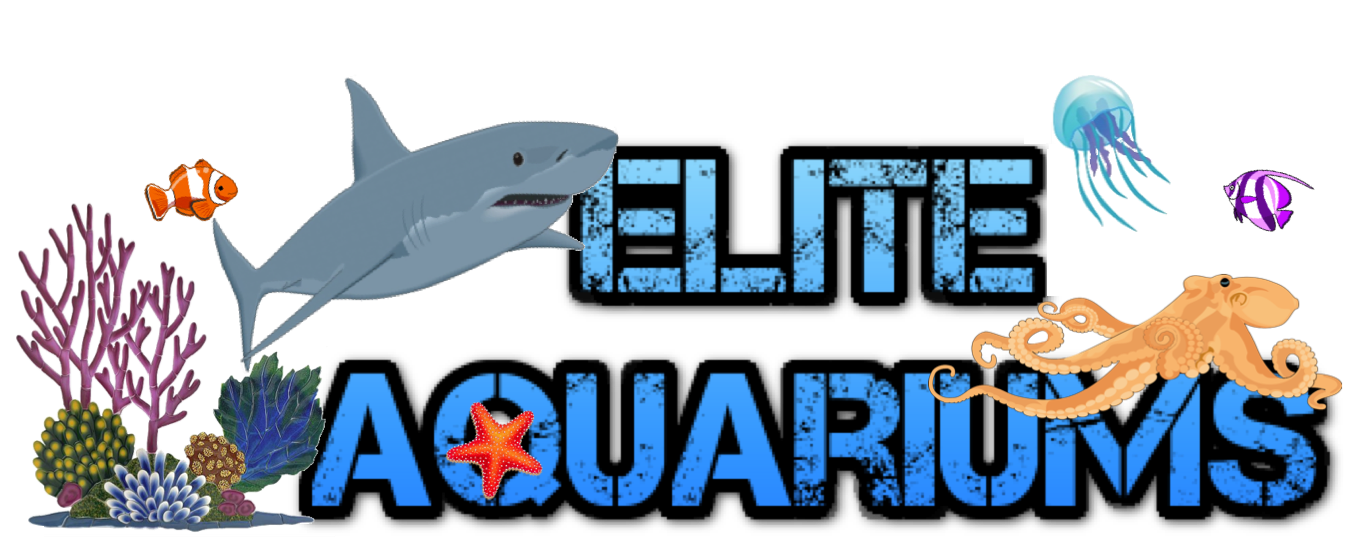Description
Reef Phytoplankton is a concentrated blend of green and brown marine phytoplankton designed to give you the Very important fatty acids, proteins, vitamins, amino acids, and natural carotenoids important for invertebrate diet. Size ranges from 1-20 µm to feed a broad range of tropical marine aquarium filter feeders and invertebrates. Reef Phytoplankton incorporates a natural source of carotenoids which provides Very important proteins in addition to a more bioavailable source of pigmentation when in comparison to other natural sources and synthetic pigments. Carotenoids give you the extra advantage of antioxidant activity. As well as, Reef Phytoplankton is enhanced to increase the bioavailability of Necessary nutrients such as proteins, lipids, B vitamins, and other organic pigments, thus, corals expend less energy to derive the nutritional benefit. It’s blended to contain the right kind ratio of fatty acids, carbohydrates, and proteins. Blending phytoplankton has also been shown* to yield better nutritional value.
A Concentrated Blend Of Green And Brown Marine Phytoplankton
Natural Source Of Carotenoids For Coloration; Enhanced To Increase The Bioavailability Of Necessary Nutrients Such As Protein, Lipids And Others
No refrigeration required and no added dyes or synthetic pigments
Blended With The Proper Ratio Of Fatty Acids, Carbohydrates, And Proteins Thus Corals Expend Less Energy To Derive Nutritional Benefit
Provides Very important Fatty Acids, Proteins, Vitamins, Amino Acids, With Biological Carotenoids For Invertebrate Diet

















Reviews
There are no reviews yet.